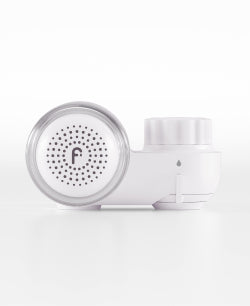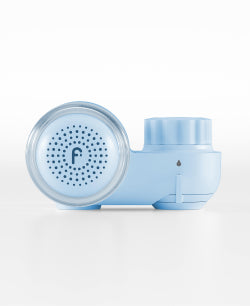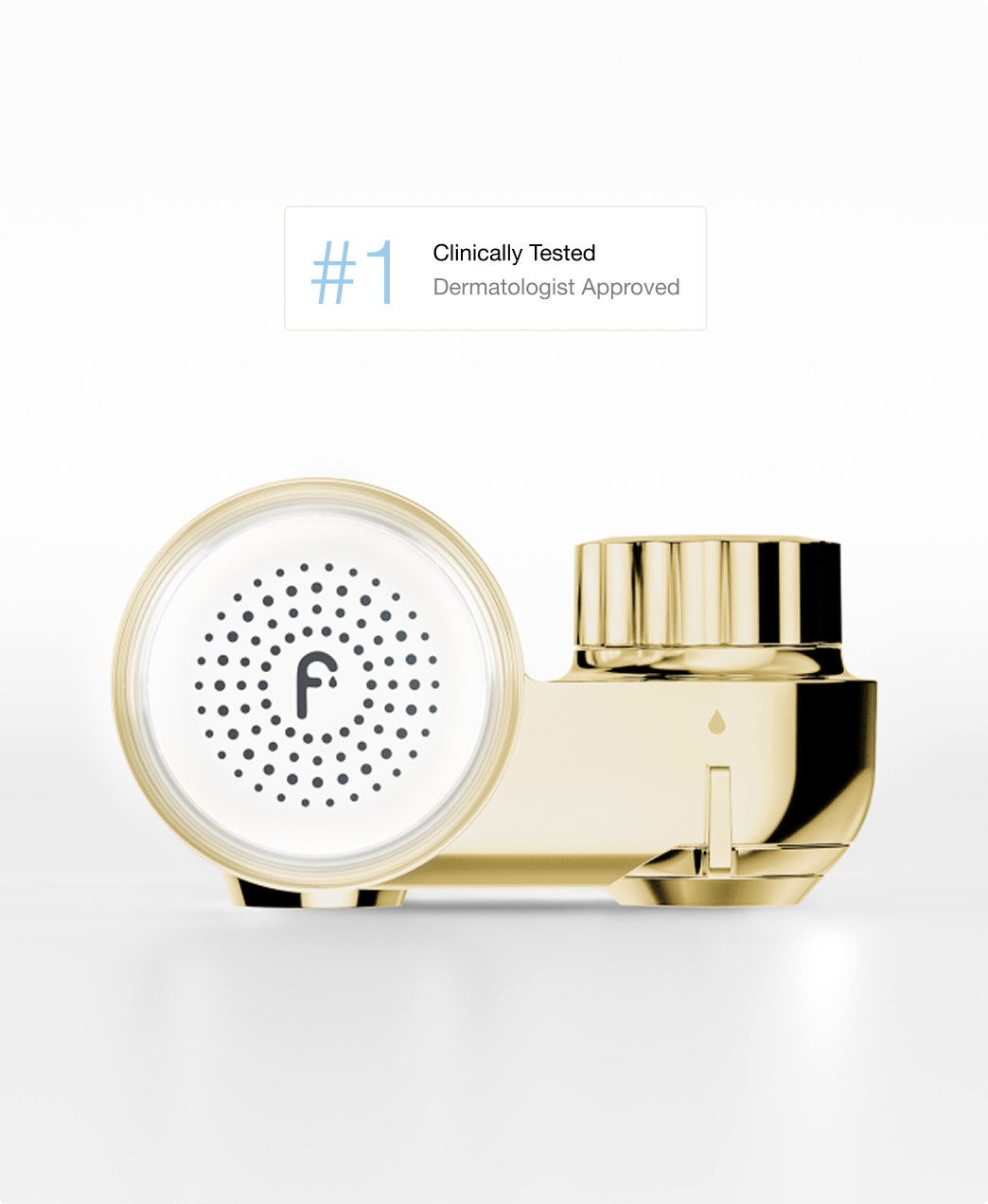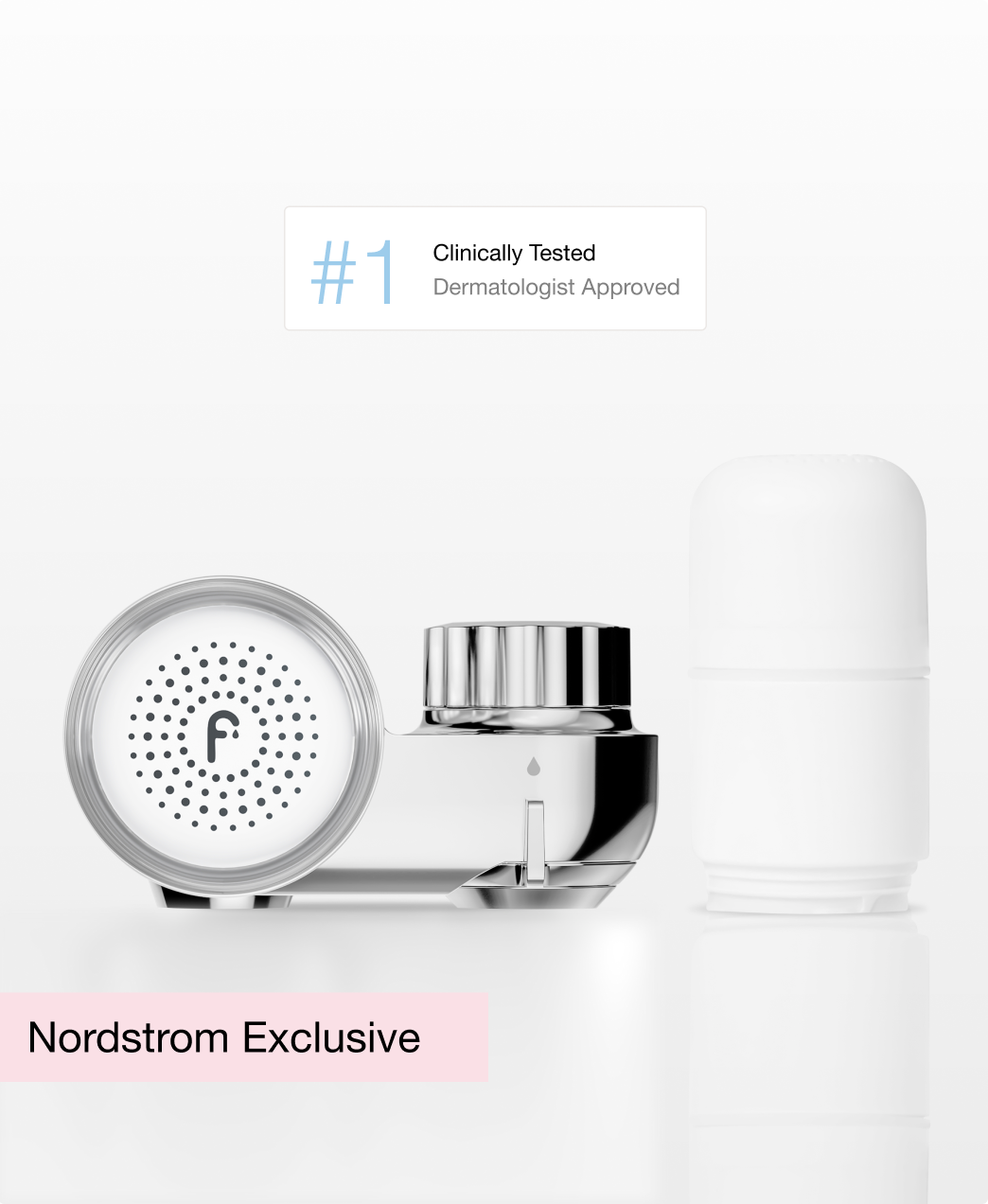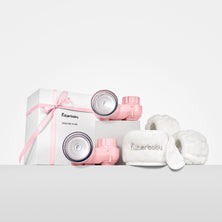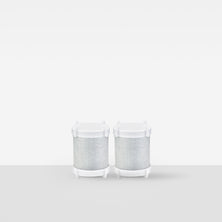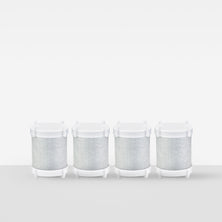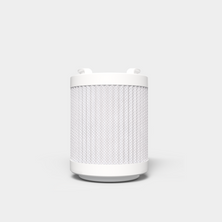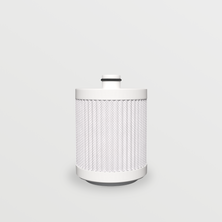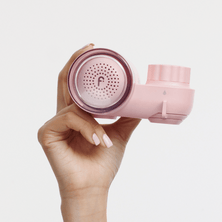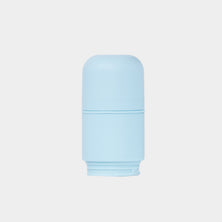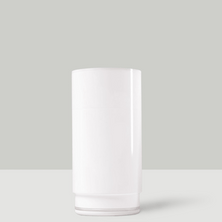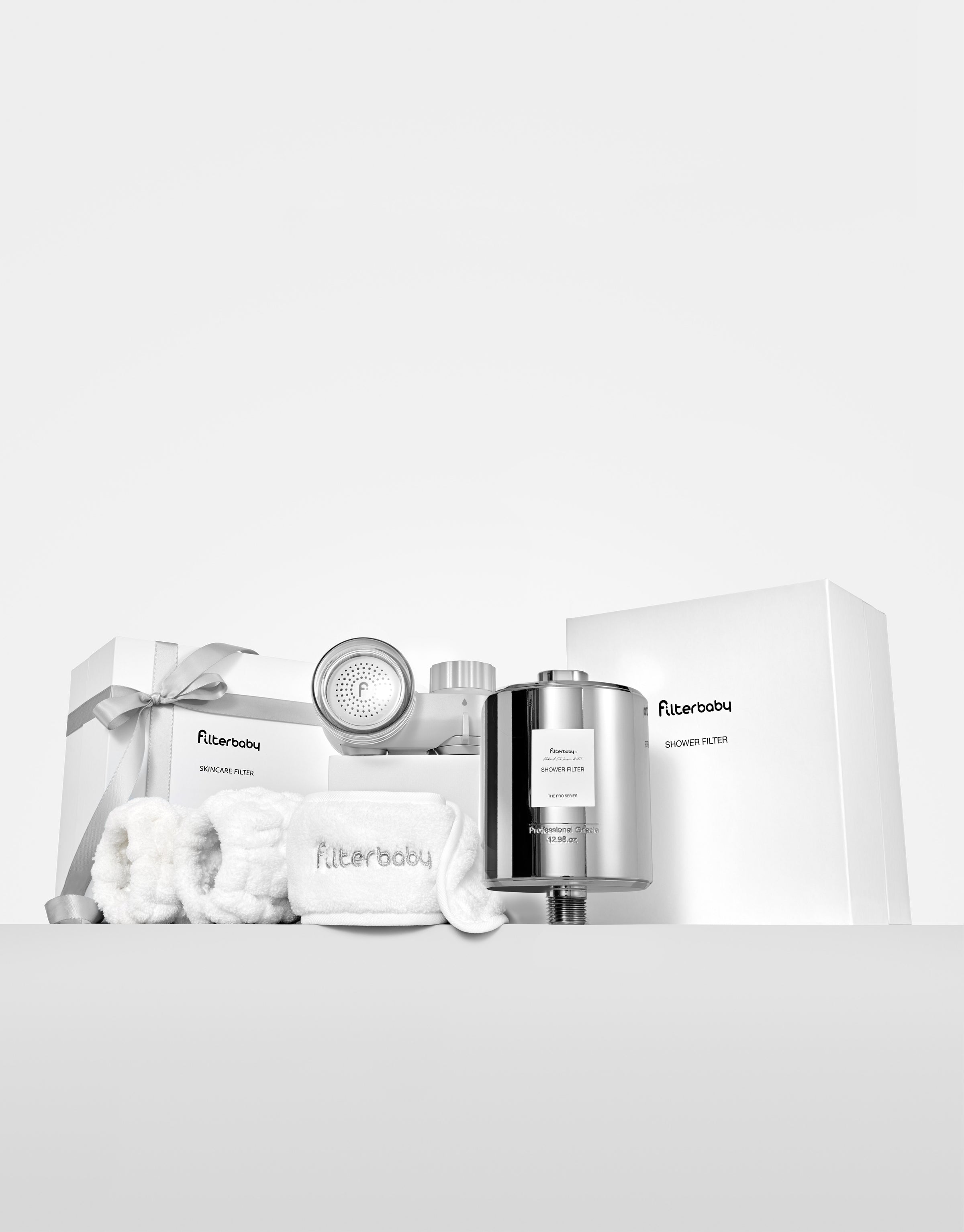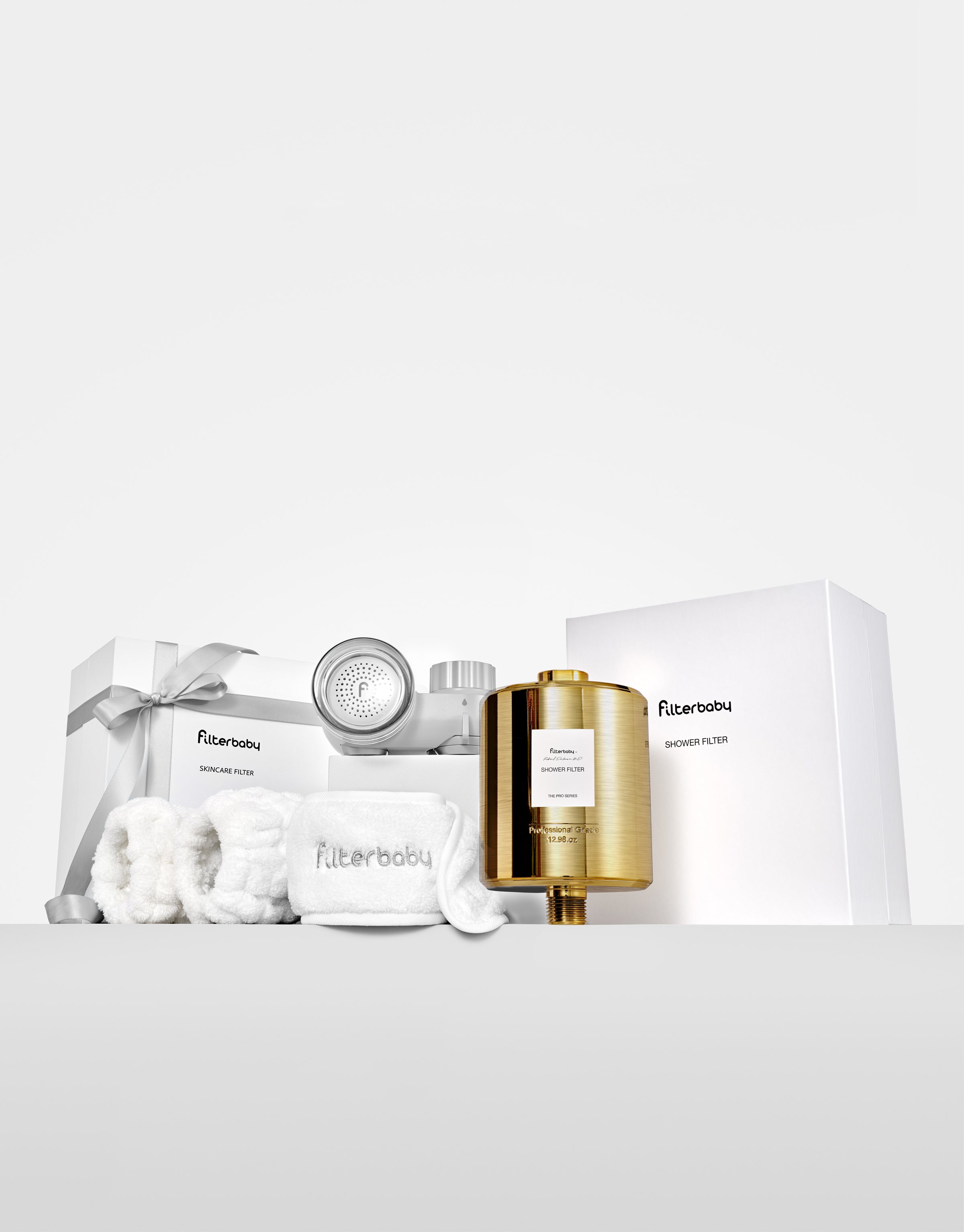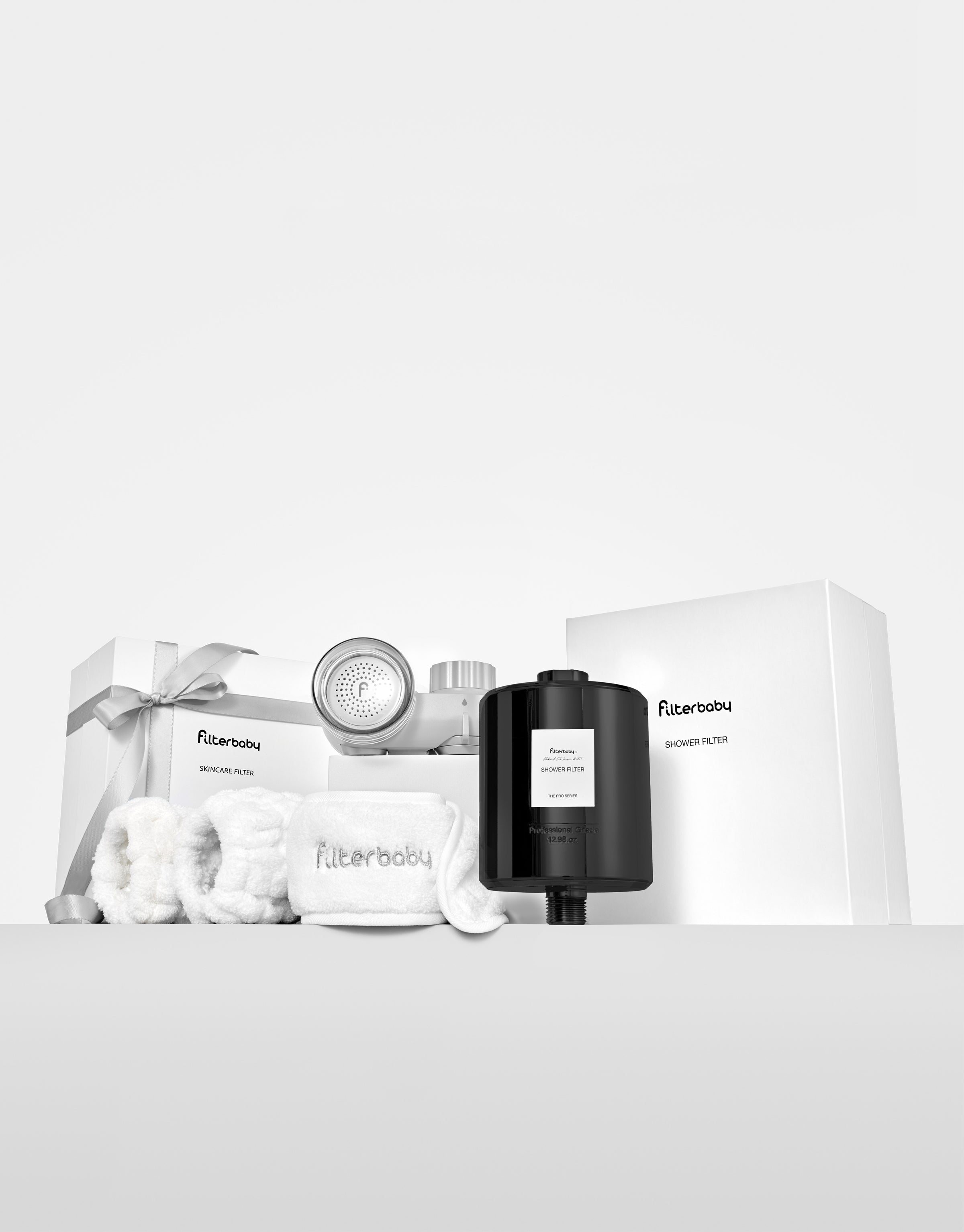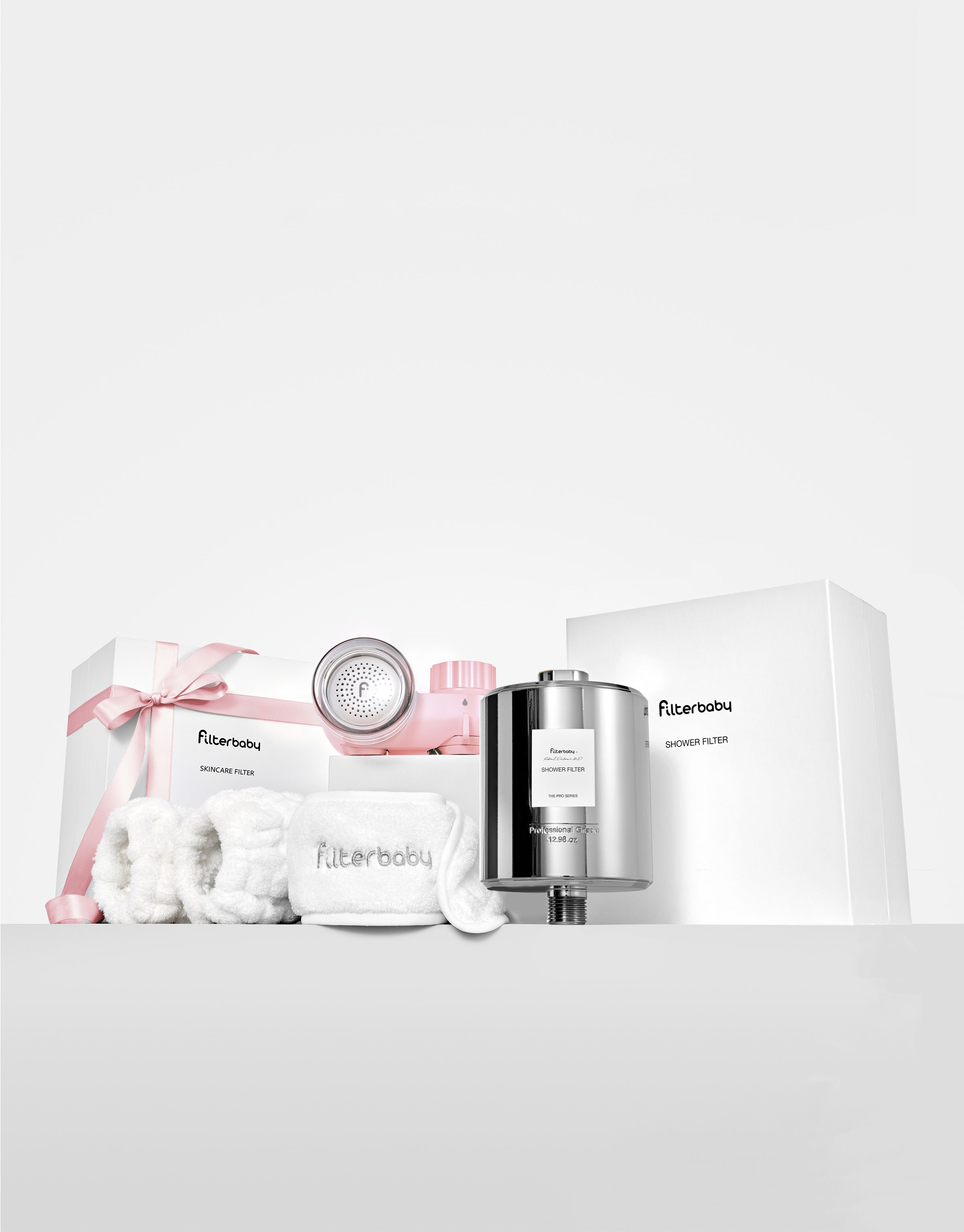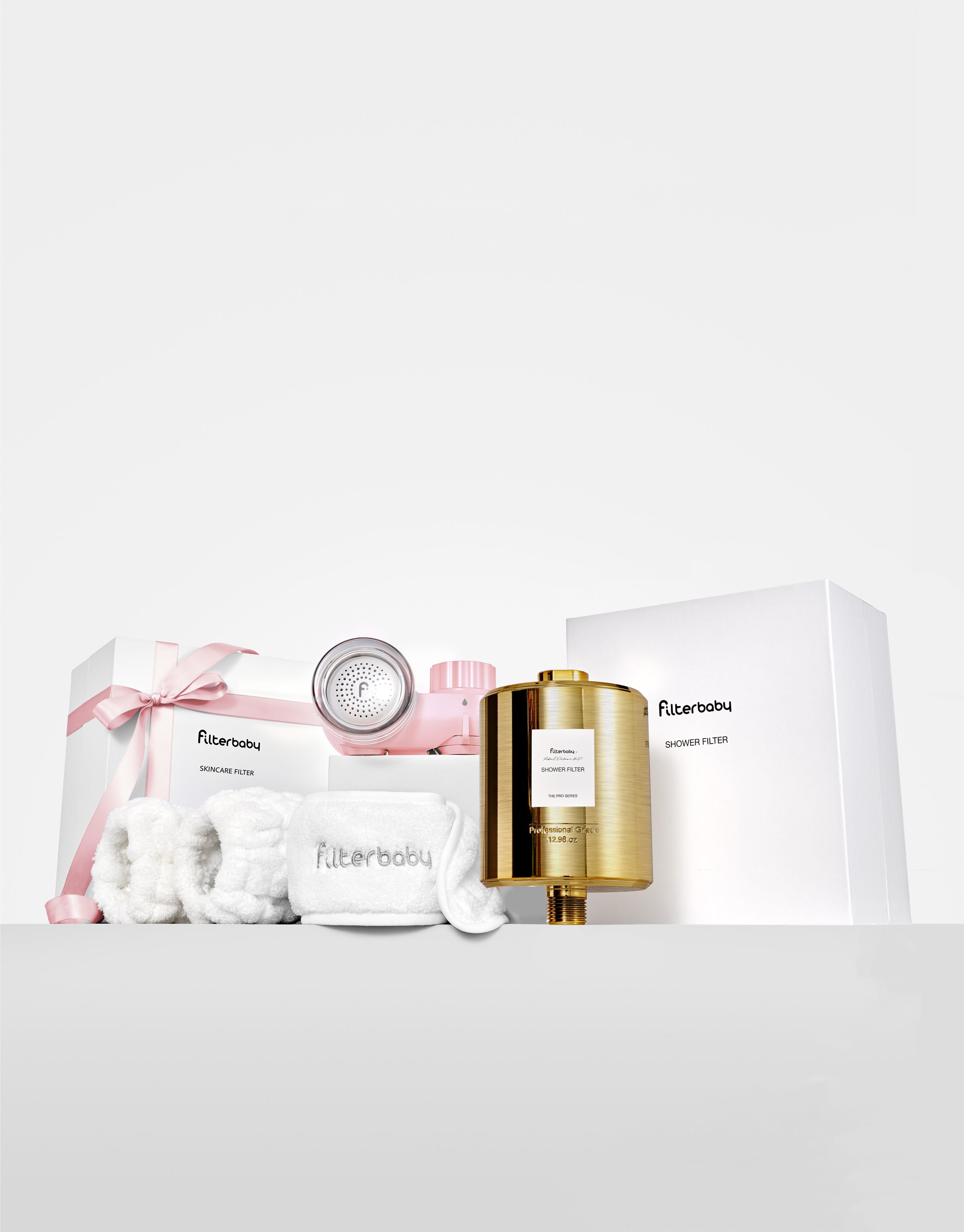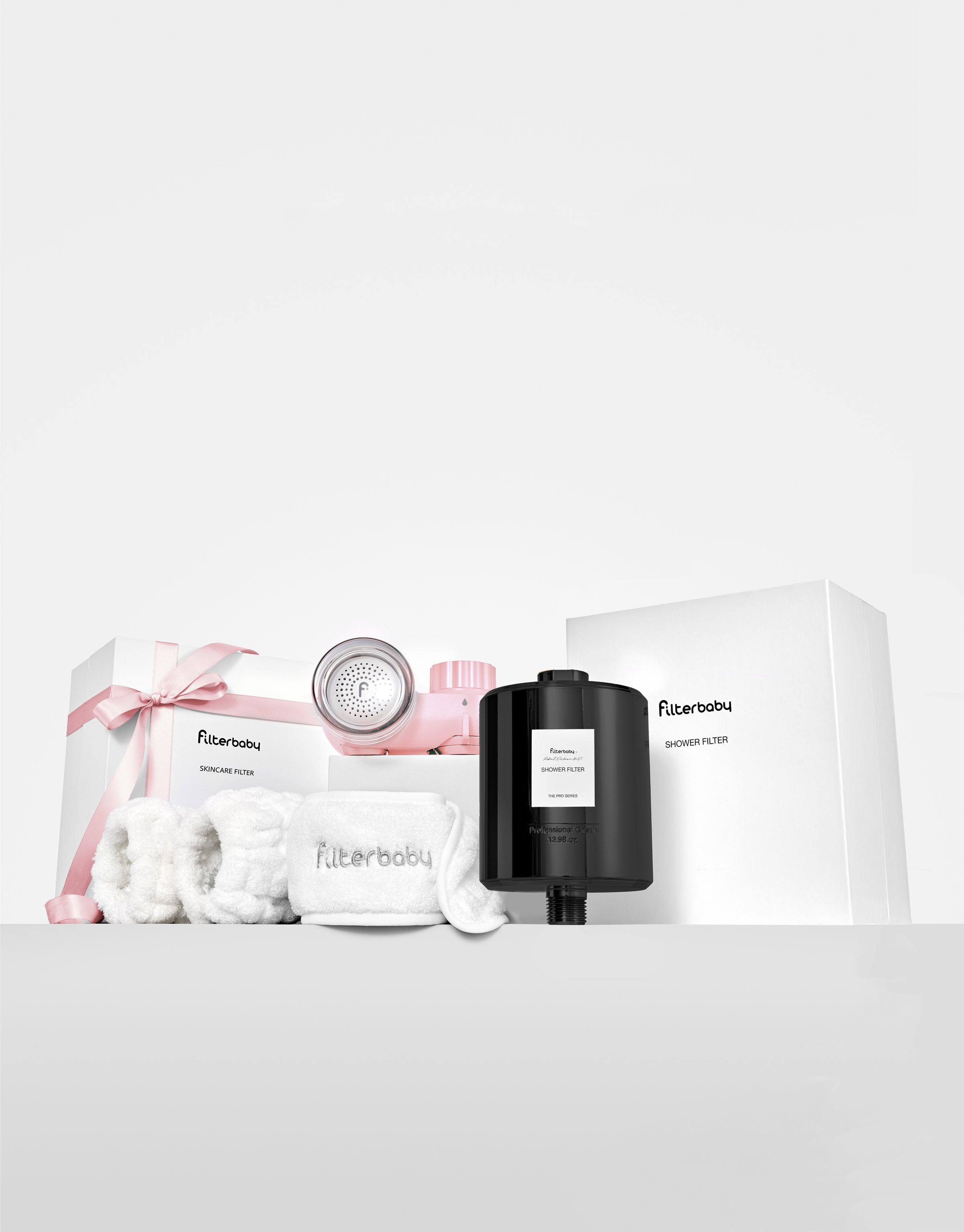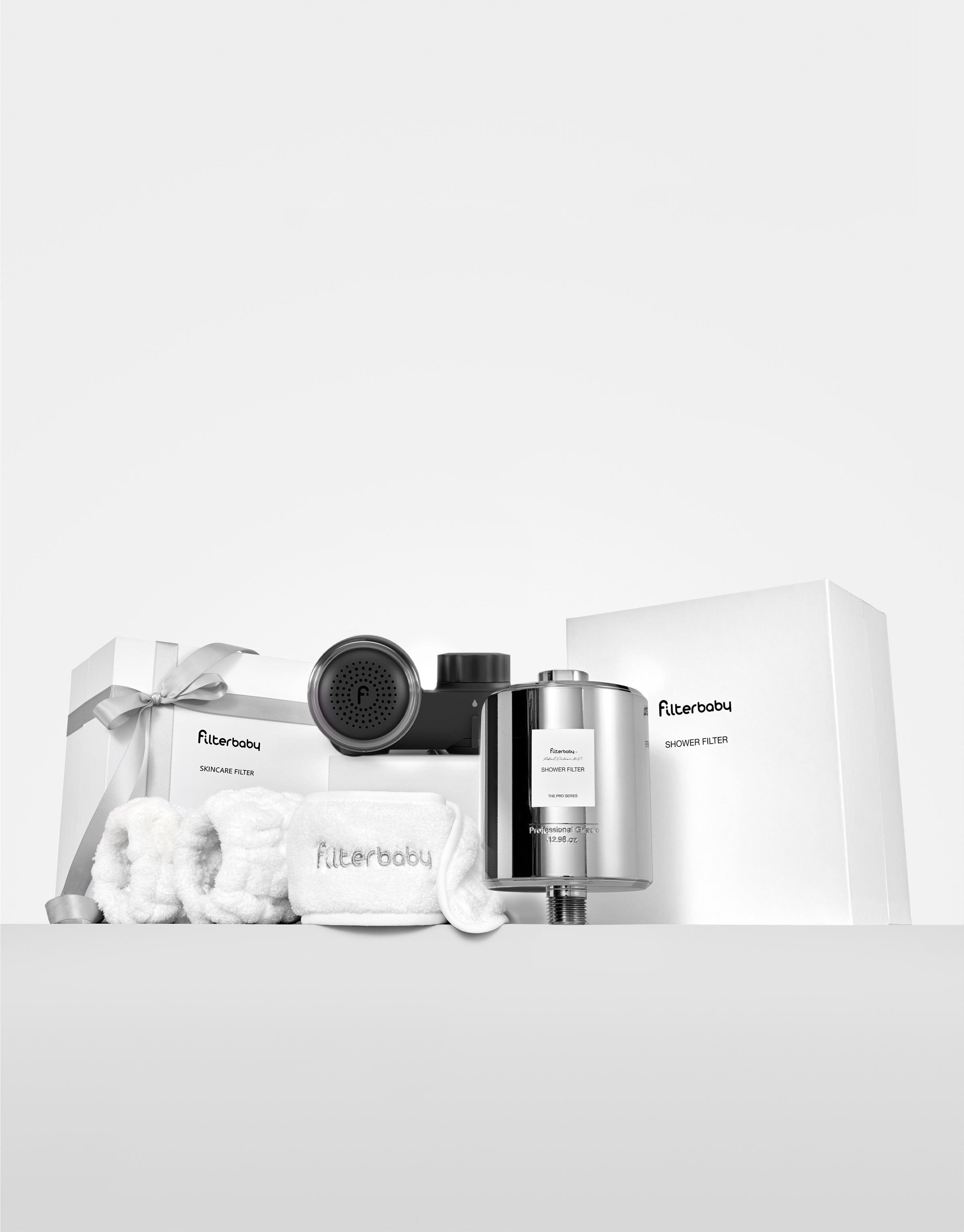Do you really need your beauty sleep? Read on to find out the link between sleep and skin.
Margaret Trashian, MD

It turns out that getting enough sleep may actually be the key to achieving that glowing, youthful complexion without breaking the bank! That's right, beauty sleep is not just a myth - it's a real thing.
While we sleep, our skin undergoes a natural healing and rejuvenation process. So, if you're looking to improve your skin's texture, reduce the appearance of fine lines and wrinkles, and banish those pesky dark circles, the solution may be as simple as catching some Zzz's. Just don't forget to wash your face before hitting the hay!
What happens when you sleep
Sleep is essential for overall health and well-being, and it also plays a crucial role in maintaining healthy skin. When you sleep, your body goes into a state of repair and regeneration, which includes your skin. During sleep, your skin undergoes several important processes. Firstly, the body's blood flow increases, allowing nutrients and oxygen to reach the skin more easily. This increased blood flow also helps to remove toxins from the skin, which can build up during the day. Additionally, during sleep, the body produces collagen, a protein that gives skin its strength and elasticity. Collagen production is essential for keeping the skin looking youthful and supple.
Sleep also helps to regulate hormone levels, including cortisol, which is often referred to as the stress hormone. Elevated cortisol levels can cause a range of skin problems, such as acne, wrinkles, and dryness. By getting enough sleep, you can help to keep cortisol levels in check, reducing the risk of these skin issues. However, when you don't get enough sleep, your skin can suffer. Lack of sleep can cause puffiness and dark circles under the eyes, as well as dryness and increased sensitivity. This is because sleep deprivation can disrupt the skin's barrier function, which normally helps to keep moisture in and irritants out.

How to get quality sleep?
Getting quality sleep is essential for overall health and well-being. Here are some tips on how to get quality sleep:
- Go to bed and wake up at the same time every day, even on weekends. This helps to regulate your body's natural sleep-wake cycle.
- Make sure your bedroom is cool, quiet, and dark. Use comfortable bedding and consider using earplugs, eye masks, or white noise machines if necessary.
- Avoid consuming caffeine or alcohol before bedtime, as they can interfere with your sleep.
- The blue light emitted by electronic devices can interfere with your body's production of the sleep hormone melatonin. Try to avoid using electronics for at least an hour before bedtime.
- Regular exercise can help to improve sleep quality but try to avoid exercising too close to bedtime.
- Techniques such as deep breathing, meditation, and yoga can help to relax your mind and body before bedtime.
- Eating a large meal before bedtime can make it harder to fall asleep. Try to eat your last meal at least two hours before bedtime.
By following these tips, you can improve the quality of your sleep and enjoy the many benefits of a good night's rest including healthier skin. In order to maximize the results of proper sleep on the skin, implement them with other lifestyle modifications such as removing greasy foods from your diet and using a water filter like the Filterbaby PRODermis to remove a myriad of impurities from tap water.
FAQ
Can sleep improve your skin?
The skin makes new collagen when you sleep, which prevents sagging. More collagen means the skin is plumper and less likely to wrinkle. Only getting 5 hours a night can lead to twice as many fine lines as sleeping 7 would.
Can lack of sleep affect skin?
Inadequate sleep raises your cortisol levels. This hormone triggers inflammation, which breaks down the proteins that keep your skin smooth and glowing. Inflammation can also make your skin more prone to acne and more sensitive to allergic reactions.
How does sleep affect my face?
Sleep can affect your face by promoting skin regeneration and collagen production, and reducing the appearance of puffiness and dark circles.
What is the relationship between sleep and skin?
During sleep, blood flow to the skin increases. This allows the skin to receive more oxygen and nutrients, which can help to improve its appearance. The increased blood flow also helps to flush out toxins that can cause breakouts.

Getting enough quality sleep is not only important for overall health and well-being but also for maintaining healthy, glowing skin. During sleep, the body undergoes important processes such as collagen production and removal of toxins, which are crucial for achieving youthful-looking skin. By following simple tips such as maintaining a regular sleep schedule, creating a relaxing sleep environment, limiting caffeine and alcohol, avoiding electronics before bedtime, exercising regularly, practicing relaxation techniques, and avoiding large meals before bedtime, you can improve the quality of your sleep and reap the many benefits of a good night's rest.
So, if you want to achieve that healthy, youthful glow, make sure to prioritize getting enough quality sleep, and don't forget to take care of your skin by washing your face before hitting the hay and implementing other healthy lifestyle modifications.
P.S. We did the work so you don't have to!
- "Skin disorders and sleep in adults: Where is the evidence?." https://www.sciencedirect.com/science/article/pii/S1087079209001476. Accessed 29 Apr. 2023.


